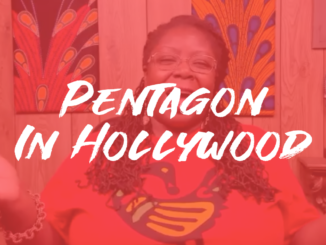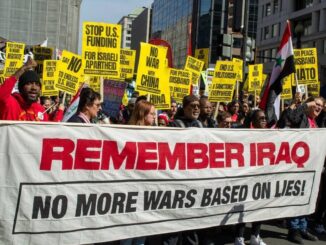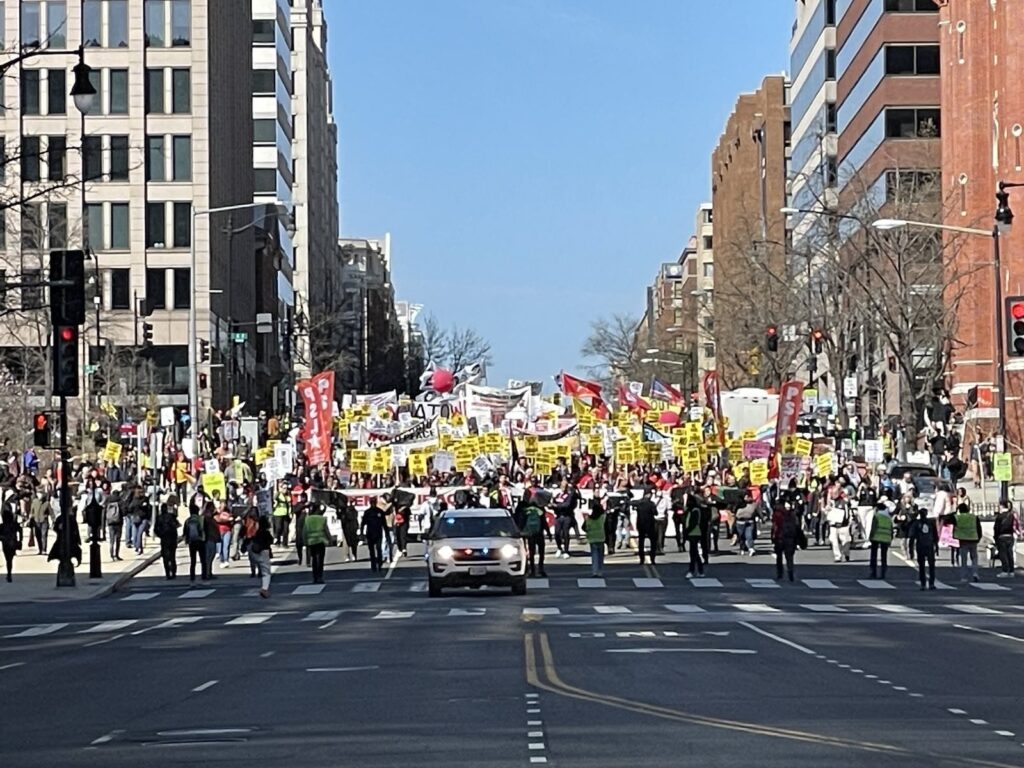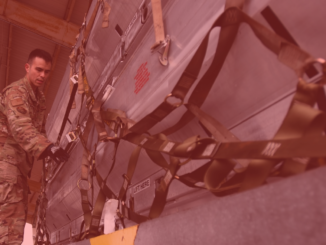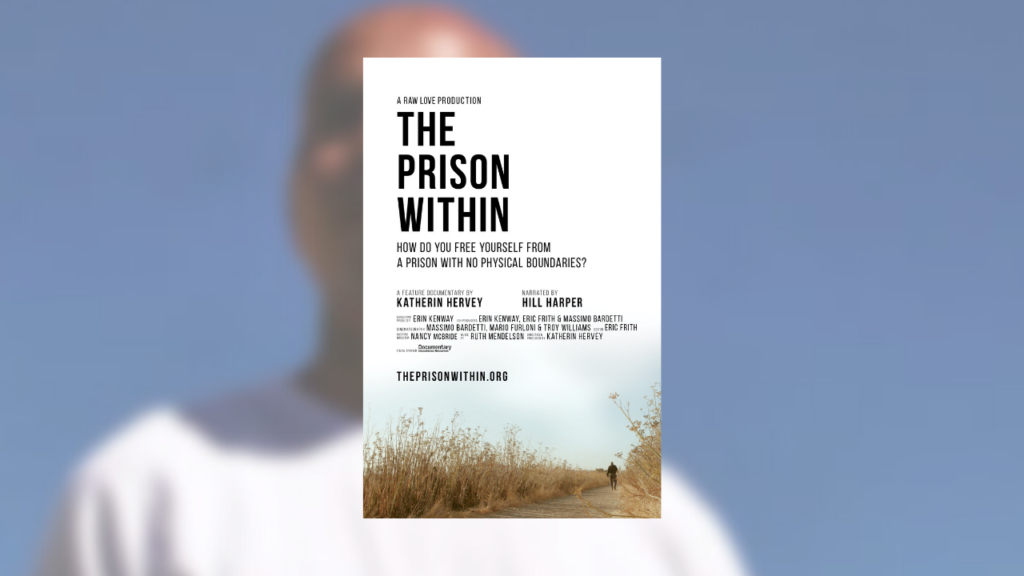
“The Prison Within” (2021) is a provocative and intriguing documentary produced by Katherin Hervey, a former public defender and prison instructor. Provocative, because we are presented with adult male inmates in San Quentin Prison in northern California struggling with unidentified and untreated multi-generational trauma. Intriguing because the documentary presents a compelling argument for restorative justice, yet it stops short of sparking a larger conversation about what to do about prisons in a truly civilized society.
The documentary focuses on the Victim Offender Education Group (VOEG) program conducted by the Insight Prison Project (IPP) at San Quentin Prison. The IPP describes the VOEG program on their website as
“…an intensive 18-month group program for incarcerated people who wish to understand themselves better, how their life experiences and decisions led them to prison and how their crimes have impacted their victim(s). The purpose of the training is to help incarcerated people understand and take responsibility for the impact of the crime(s) they have committed. The class culminates with participants meeting with victims for a healing dialogue.”
Though this is not highlighted in the documentary quite as clearly as the purpose of the program, it does give some insight into why the documentary deals with restorative justice within the prison system, as opposed to a society-wide imperative.
The documentary provides quite an extensive discussion into how unaddressed and unresolved trauma helps affect the way victims see the world around them, and how they see and feel about themselves and others. It presents this idea largely through the stories of several men who are in the VOEG program, as they recount the paths that led them to prison.
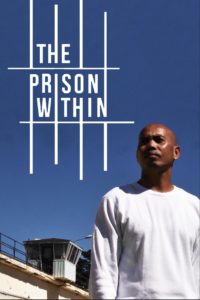
We are presented with the real-life cause-and-effects of neglect, abuse and generational trauma, and how they all can turn inward into self-doubt, self-hate and fear, eventually compelling anti-social behavior that inflicts trauma onto others. Unresolved anger at the person or persons who inflicted the trauma was a common theme.
A promising discussion was raised by one man about how he served time in the military, which led him to more violence. But this time, it was state-sanctioned violence. However, the discussion did not expand into how the military reinforces violence as a solution to problems, while also exposing millions of traumatized people to more violence, which produces even more trauma in the form of disorders such as Post-Traumatic Stress Disorder (PTSD). That is then not treated by the very military that trains people to commit barbarous acts against other human beings. This documentary on justice feels like a lost opportunity to connect militarism with the devaluation of human life and U.S. imperialism.
However, one imprisoned man seems to conflate the systemic racism with the inward and outward expressions of unresolved trauma that his father and even he experienced because of racism. I think that is where the documentary misplaces forgiveness as a response to systemic racism. Racism is based on irrational, illogical fears and emotions based on stereotypes, lies, and propaganda against a group of people that is used to deny them human rights. Trauma is the result of real and tangible abuses, emotions, and fears. Yes, trauma can result because of racism, but can it be said that racism happens because racists are traumatized, as it seems the documentary is attempting to suggest? I think this is the danger in relating to racism, and especially racist violence, as another expression of unresolved trauma.
The documentary presents a difficult-to-sit-with conversation about the ways race and ethnicity shield some people from scrutiny and prosecution while they commit crimes, while others face the brunt of the state. This discussion is difficult because it shows how messy it is to try to put people into “good/bad” categories. Is someone who is the victim of sexual abuse and other traumas a “bad” person if they act violently toward others? If we believe that “hurt people hurt people,” why do we not believe this for people in prison, who are mostly poor and predominantly people of color? And if we do not, why do we condemn and throw away one, but not the other? For many people, confronting these questions can be difficult, and the documentary does a good job of helping viewers think about class and race biases in these matters.
Another very important issue raised in the documentary is fathers not expressing love and acceptance with their boys. The lack of affection and protection from their fathers—even if they were present—while receiving hostility or outright abuse is a recurring theme in many of the stories imprisoned men told. Society so easily falls back on the trope that so many men—especially Black men—turn to crime because they had no fathers or father figures in their early lives. Yet, we hear from these men that emotionally distant or abusive fathers—who often acted that way because they were acting out the trauma they experienced in their youth—that exposed these imprisoned men to their first and lasting traumas.
Yet another issue discussed is male children who are artistic or creative not being accepted because they are not expressing their “maleness” in traditional ways or in ways that are acceptable to the older men in the family. This drives them to seek acceptance by acting in destructive and risky ways that may also be outside of their nature. Further, the documentary explores how rejection teaches young boys to suppress their natural, normal emotions, and conditions them to view others who express those emotions as weak, too.
A very interesting twist on the “hurt people hurt people” idea is presented when the widow of a murdered cop comes to terms with her role in advocating for the death sentence for her husband’s murderer. This aspect of the documentary provides insight into one person’s journey toward peace, but should it be an instructive for how millions in this society view the death penalty as a just form of punishment? Are they all “hurt people” who support the death penalty and even may relish in it in some regards out of unresolved pain and trauma? The documentary does touch on how people in the United States are convinced—basically indoctrinated—to believe the death penalty is not only reasonable, but necessary. Perhaps focusing on an individual journey of healing as a reflection of or as a potential remedy for systemic human-rights violations via the death penalty is a deeply flawed and potentially dangerous premise. Especially considering the work the widow in question is revealed as pursuing or, more precisely, who she serves in her work, as we learn at the documentary’s end.
The film lays out in clear, concise and emotionally compelling ways both the cycle of unaddressed and untreated trauma that leads people to prison—an environment that thrives off and perpetuates more trauma—is unaddressed in prison, and that communities have no tools to address the issue with released prisoners.
But an opportunity to discuss prison’s utility in the just and supportive society we claim to be fighting for—as well as with what to replace prisons—is not present in this documentary.
Surely, abolition cannot be achieved without an agreed-upon alternative to prisons. But if the goal is to not just reform prisons to make them “better,” but to create a society in which prisons are obsolete, the following must be discussed: 1) Methods of accountability and restoration for individuals who commit acts that break the social contract and 2) the state’s responsibility in its part of the social contract to ensure every person’s human rights are respected in the provision of housing, education, jobs that pay a living wage, comprehensive healthcare, etc., so traumas are not systematically inflicted on people as an inherent aspect of the system, but also so individual traumas are addressed as an inherent aspect of the system.
Prison reform is certainly needed to immediately stop the cycle of trauma the prison-industrial complex and the penchant for retribution indoctrinated into the American psyche creates. But any effort at prison reform that doesn’t involve dismantling capitalism, white supremacy and classism will only uphold the system. Although “The Prison Within” makes a few fleeting mentions of expanding treatment and mitigation programs to keep traumatized people from going to prison in the first place, restorative justice is presented inside the narrow construct of reforming prisons to make them “better.” That all makes sense when the discussion is not intended to be about replacing prisons with humane and truly restorative systems.
Jacqueline Luqman is a radical activist based in Washington, D.C.; as well as co-founder of Luqman Nation, an independent Black media outlet that can be found on YouTube (here and here) and on Facebook; and co-host of Radio Sputnik’s “By Any Means Necessary.”

